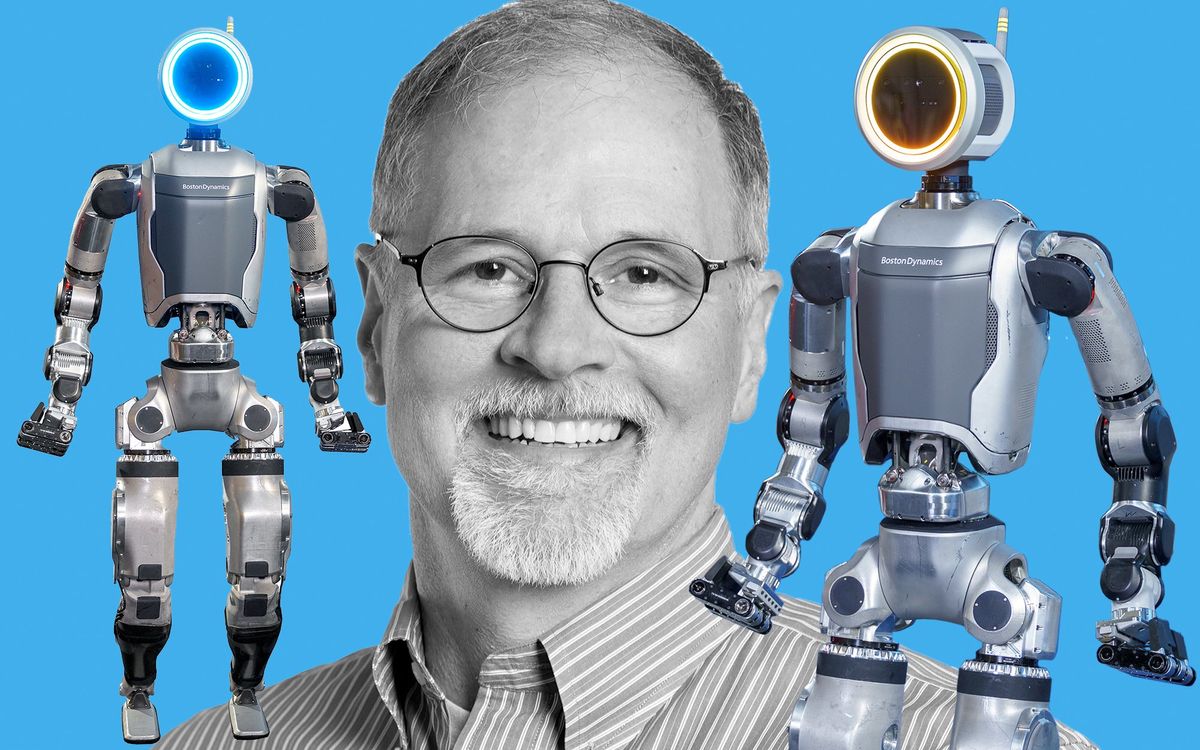THE INSTITUTEMy blog posts “Does Having a License Make You an Engineer?” and “Mats Järlström: I Am an Engineer” garnered hundreds of reader comments about what it means to be an engineer. The Oregon Board of Examiners for Engineering and Land Surveying said Järlström was illegally practicing engineering without a license when he critiqued traffic-light systems. Without an engineering license, the state board said, he had broken the law simply by describing himself using the word engineer. He sued the board, which in June admitted that its interpretation had violated Järlström’s First Amendment rights.
Readers of both posts complained how the title engineer is being used to describe a variety of positions. That includes garbage collectors, technicians, mechanics, machinists, locomotive operators, and repair people. Some wondered whether someone who writes software should be called an engineer. And what about circuit designers, one asked. Don’t they engineer?
One person wrote: “In many jurisdictions, an employer may title someone some kind of engineer without any requirement that the employee must correspondingly hold a license as an engineer.” Another wrote, “Everyone has the right to call himself or herself the title that best represents him or her, especially for letting people know what you do for a living.”
“Title Dreams: Can a Protected ‘Eng.’ Title Boost the Status of Engineering?” published by the Institution of Mechanical Engineers (IME), pointed out that in Canada, it is illegal to practice engineering or even to use the title without a license. Brazil, Chile, and Turkey have similar laws.
In the IME article, Tony Gray, a chief engineer in the United Kingdom, suggested that professional associations develop a strategy to protect the title. Peter Finegold, IME’s head of education, disagreed. He said the problem was the public’s perception about the nature of engineering, and protecting the title wouldn’t solve that. Instead, he said, engineers need to talk about the contributions they make to society.
“There should be more meaningful and managed engagement with the way in which engineering improves people’s lives,” he said.
IME’s chief executive, Stephen Tetlow, added that associations should do more to promote engineering in schools. “It is by putting our profession in the public consciousness that we achieve respect and, more importantly, attract the young men and women we badly need,” he said.
“The work we’ve done on trying to reframe engineering in the school experience of young people focuses more on engineering as a creative and intelligent process and less on engineering as a job or a collection of technologies,” Finegold said.
What do you think should be done to elevate the stature of the engineering title?
Editor’s Note: Of the more than 1,400 entries in this annual competition, only 100 of these awards are given. Apex is an award for publication excellence and given to corporate and nonprofit publishers, editors, writers and designers who create print, Web, electronic and social media.
Kathy Pretz is editor in chief for The Institute, which covers all aspects of IEEE, its members, and the technology they're involved in. She has a bachelor's degree in applied communication from Rider University, in Lawrenceville, N.J., and holds a master's degree in corporate and public communication from Monmouth University, in West Long Branch, N.J.



